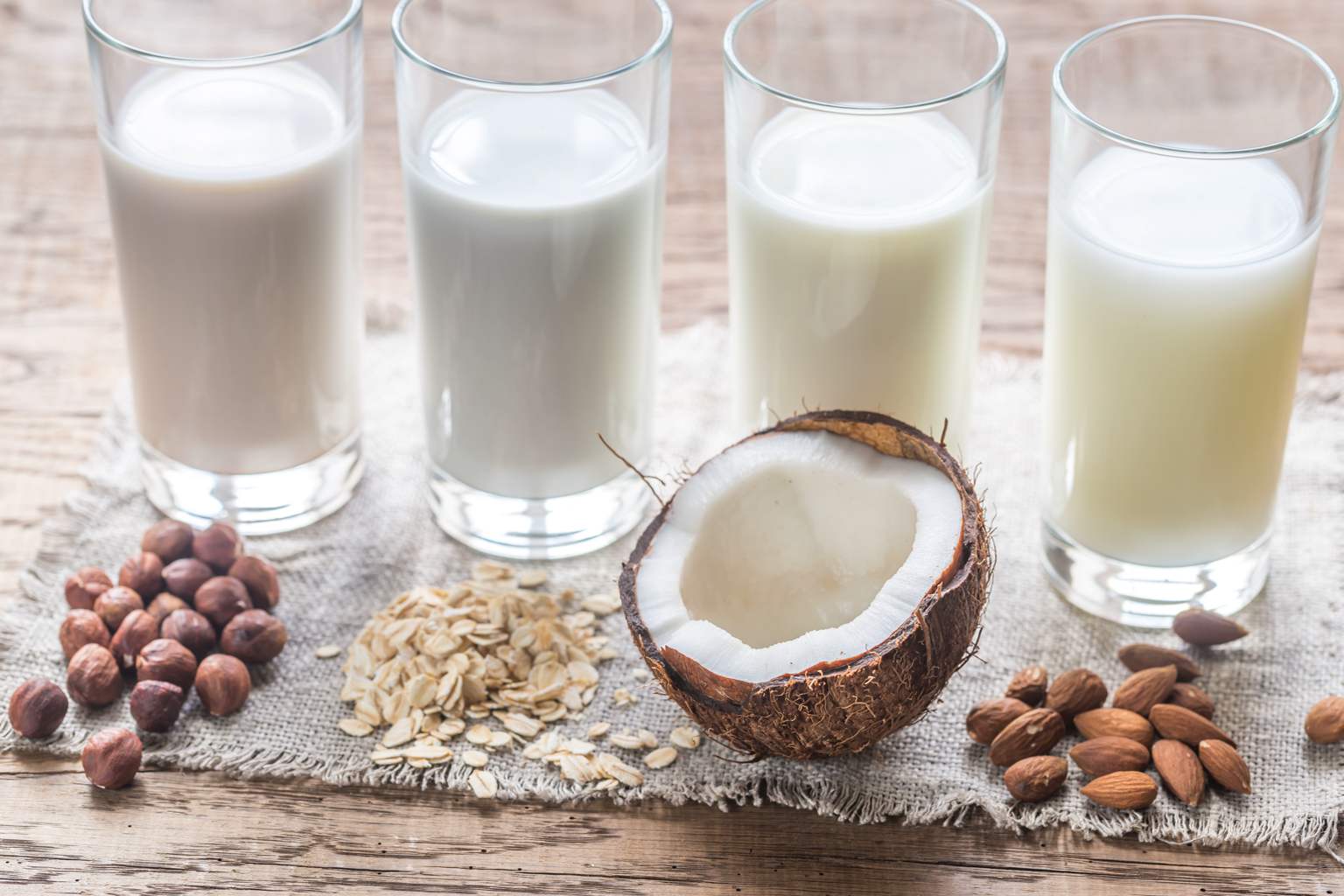Have you ever stopped to wonder if the milk alternatives in your coffee or cereal are really as healthy as they claim? As plant-based drinks like soy, oat, and almond have become daily staples, a fresh Swiss study now questions their nutritional value compared to traditional cow’s milk.
This research dives deep into 66 widely consumed milk substitutes, shedding light on surprising facts about their sugar content, protein levels, and additives. Could your preferred milk alternative be less wholesome than you think?
Nutritional challenges in popular milk alternatives
The Swiss agricultural research center, Agroscope, aimed to analyze milk substitutes from a nutritional perspective and assess how their composition relates to price and health. Their findings raise eyebrows: almost half of these products have a poor nutri-score rating of D, meaning they fall short of being truly healthy options.
Many of these drinks contain excessive amounts of sugar, little protein, and often several additives such as stabilizers and emulsifiers. Surprisingly, these milk alternatives sometimes perform worse in nutrition ratings than regular cow’s milk. For example, nearly 50% of the tested products had sugar levels considered too high for a balanced diet.
I remember switching to oat milk, fully expecting it to be a healthier choice, only to later discover it was packed with added sweeteners and extra calories. That experience made me realize how important it is to scrutinize labels, not just trust the “plant-based” label as a seal of health.
Best and worst milk substitutes by nutritional quality
Not all milk alternatives are equally beneficial. None of the products achieved the top nutri-score rating of A, and around half languished in the lower D or E categories. Drinks made from oats and rice frequently contained high sugar levels, excess calories, and a host of additives, dragging their nutritional value down.
On the brighter side, milk substitutes primarily based on peas (100%), soy (80%), almonds (60%), and coconuts (50%) received better scores, mostly landing at a B rating. Agroscope also found that higher carbohydrate and sugar content consistently correlated with worse overall nutrition profiles.
This ranking challenges the common narrative that all plant-based milks are automatically healthier. Instead, it shows that ingredients and formulation really matter. Which milk alternative would you have guessed comes out on top?
Making milk alternatives healthier for everyday consumers
Forget dancing and reading—this is the best social activity to stay active and make friends after 65
The study reveals that while about two-thirds of milk substitutes use mostly unprocessed plant ingredients like oats, soybeans, almonds, hazelnuts, and potatoes, around 30% include processed ingredients such as flours or protein isolates. Interestingly, products made from coconut, cashew, and peas often rely entirely on processed plant components.
Researchers believe there is clear potential to improve these formulas. For instance, oat-based drinks could reduce calories by about 36 per 3.4 fluid ounces and cut sugar by 8 grams per serving. Soy-based options might trim nearly 5 grams of sugar per serving. Beyond calories and sugar, simplifying ingredient lists by reducing additives would also enhance the healthfulness of these drinks.
Compared to these alternatives, traditional cow’s milk still holds its ground fairly well under the revised nutri-score system, which is stricter than before. Whole milk usually scores a C and low-fat milk a B, considering new standards that classify dairy products as beverages and weigh saturated fats more heavily.
Choosing between these options can be confusing. This study suggests looking beyond just “plant-based” labels and paying attention to sugar, protein, and ingredients lists for the best nutritional balance.
What milk or alternative do you swear by? Is it taste, health, environmental impact, or something else that guides your choice? Have you ever been surprised by what’s actually inside your milk substitute? Share your experiences and favorite picks below. Your story could inspire others to make smarter, healthier choices at their next grocery run.

I decided to read labels. I was concerned that Oat milk and almond had no protein as well as the added sugar. I’ve gone back to drinking A2 , regenerative milk from cows.
I can’t drink cow’s milk, so have to rely on alternatives.
Cow milk contains artificial hormones which lead to causing indigestion and other health issues. Plant based milk is better option.